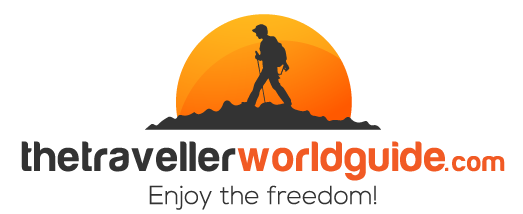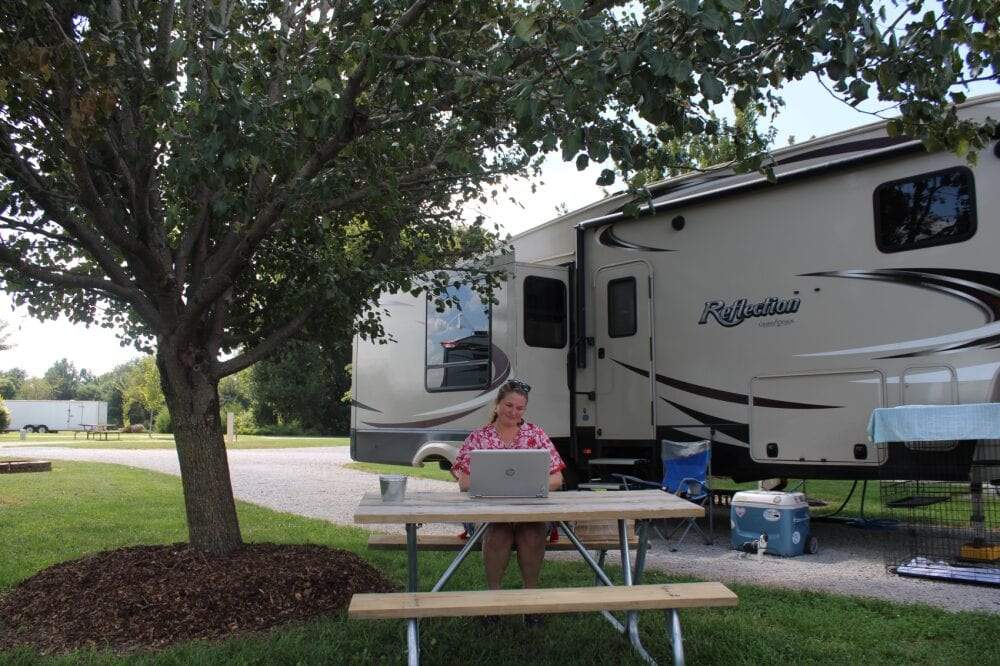Having an internet connection seems like less and less an option and more and more a necessity for many people. Some require it for work, some for entertainment, movies, music, or games, others for connecting to banks, or paying bills, or sending emails. Having internet available all the time is pretty simple for most people. If you have service connected to your house or apartment, you are set. For those constantly on the move, like truckers, finding the best WiFi for truckers can be crucial.
Out of the house? Your workplace has a network with internet connectivity, and maybe a WiFi system. Your cell phone likely can reach the internet, and many businesses offer free WiFi. But not everyone wants to stay at home, or even in their own town. They want to travel. For those who travel in RVs, it feels a lot like home and they’d like the same conveniences, including the internet. So what are their options?
There are some browsers that are more secure than others, but not all necessarily consider user privacy (such as public WiFi networks etc). Therefore it is important to compare the most unsafe browsers and ensure you have the most up-to-date privacy features and VPN’s in place to protect your online credentials.
Park/Campground WiFi
The most obvious is to park your RV at a campground or an RV park that offers WiFi, either free or for an additional fee. For casual users this can work out quite well. Just need to check your email or your bank balance? Connect and your set. But your space might not be close enough to the access point, or there might be something blocking it. Still, you carry your device to a point where you can connect, do your business, and head back. If you want more convenience, purchase a WiFi booster to get better signal. It won’t help in every situation, but it will give you better signal than you would get without it.
For users with higher requirements this might not be enough. If you use your internet connection for work you might need enough throughput to do video conferencing or large data transfers to support your website. The park WiFi is shared between all the users and that can limit the bandwidth available. Worse yet, the owners may decide to throttle or otherwise limit users so everyone has some bandwidth and no one can use too much. This can make it unusable for your work. If you have high data consumption and rely on access to work you should not rely solely on this.
Public Access WiFi
Instead of using the park provided WiFi you could use another company’s access. Some fast food restaurants offer free WiFi, as do many coffee shops, bars, and libraries. These can provide more service than a park as there are typically less users on them at once. But many businesses expect this access to be used by customers, so it is wise to make purchases while using it, making you a customer.
A rule of thumb for coffee shops is to make one purchase an hour, and some even offer discounts on refills. Still, this can become a bit expensive. Libraries are usually free, although they may require a library card which might have a fee for a non-resident. Libraries can have more users so they may have limits on access. Of course, a basic limitation on all of these is business hours. Once the business closes you won’t be able to stay.
These are great options if you are working while traveling. This is also a good time to turn your travels into money. You can take pictures to sell to other travel sites or artist. You could start a blog and build an audience so that you can make money.
Satellite
For access that you never have to leave your RV to use you can connect directly to a satellite. While this option has some drawbacks, it has one major advantage. All other access depends on someone else providing an access point close enough to where you are at for you to connect. Satellite internet can be accessed in practically any location with a view to the southern sky (in the northern hemisphere). Point your dish at the correct part of the sky and you should be able to connect to the internet through the orbiting satellite.
One drawback to this is the sheer distance to reach that geosynchronous orbit. This creates latency (or lag) in your connection. Gamers recognize this is a severe problem with their programs, as will anyone using video conferencing, but many users will never notice it. Another problem is expense. The dish can be expensive, and the service itself costs more than most other paid alternatives, with somewhat slower speeds and lower data caps.
Cellular Tether/Hotspot
As many people know, their cell phones can connect to the internet both through WiFi and by using their cellular data plan. While WiFi usually isn’t regulated on the phone, the data plan is. Even unlimited plans have caps where new rules apply, such as throttling or data management. But, using a cell phone to access the internet from an RV can not only give you internet on the phone, but also share that access through USB tethering, connecting to another device using a USB cable, or by creating a mobile hotspot, a WiFi access point based out of your phone. Some providers or plans charge extra for these services, or have a separate cap on their data usage, so check to see what your limits are.
To make it even more useful, consider investing in a booster that will let you connect to a cell tower at a greater distance and increase your data speed at whatever distance you connect. Another upgrade is a means of sharing that connection with multiple devices by plugging the phone into a router or laptop.
Dedicated Hotspot
To free up your cell phone from the duty of providing access you can get a hotspot device that only connects to your cell service and provides a mobile WiFi hotspot. You can still benefit from cell boosters to get better signal or a router to handle more devices, so consider what your needs are before settling on a single device.
You may have noticed that these different options can be combined to provide alternatives if one doesn’t work out in a particular location or situation. Your best option will always be enough different choices to be sure you have the access you require. If your needs are modest, two inexpensive options can fulfill them. If you rely on the internet for your livelihood and need guaranteed access at all hours having many options with enhancements for each will give you the greatest peace of mind. Balance your needs and your budget and choose what is best for you.

